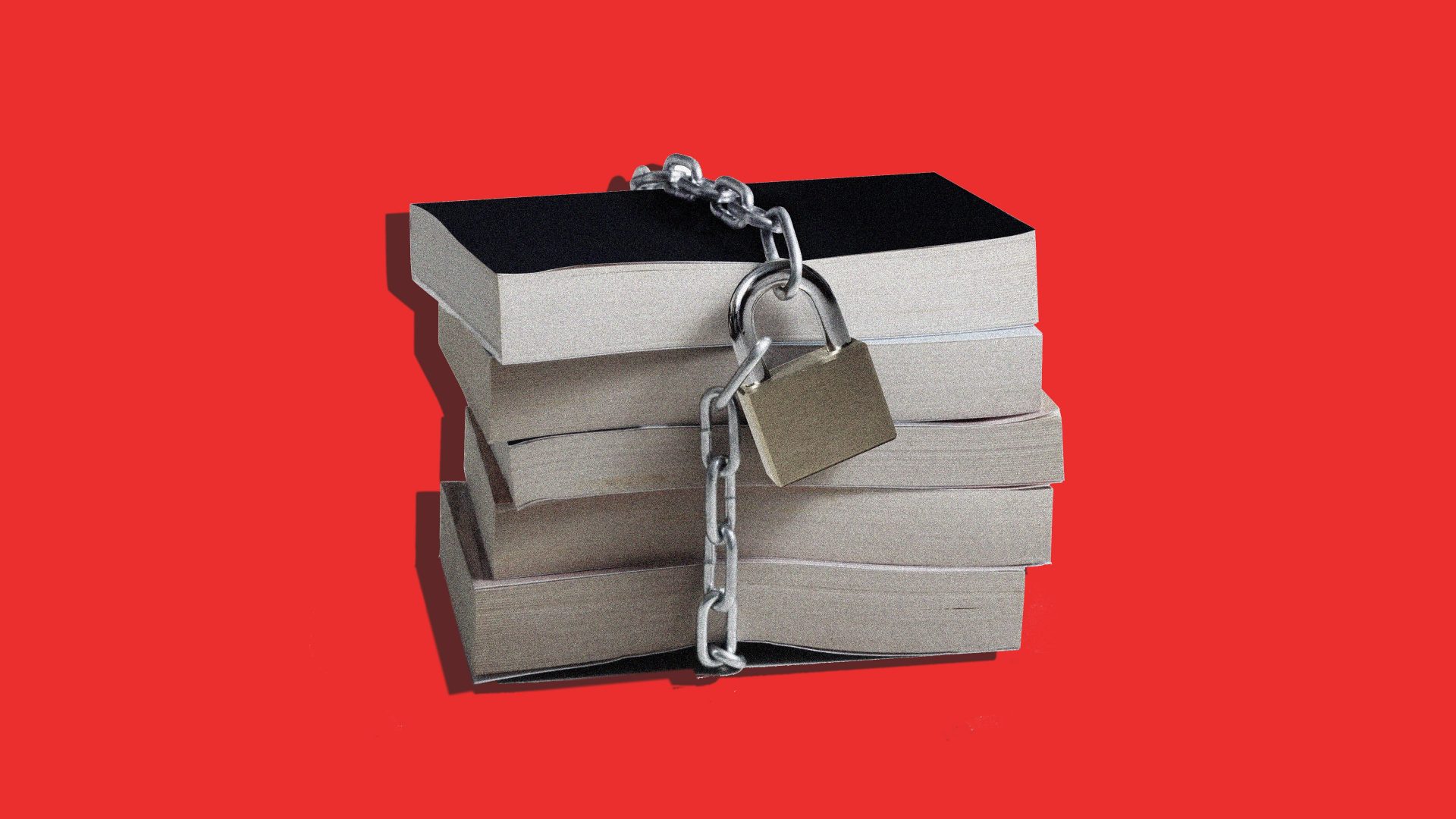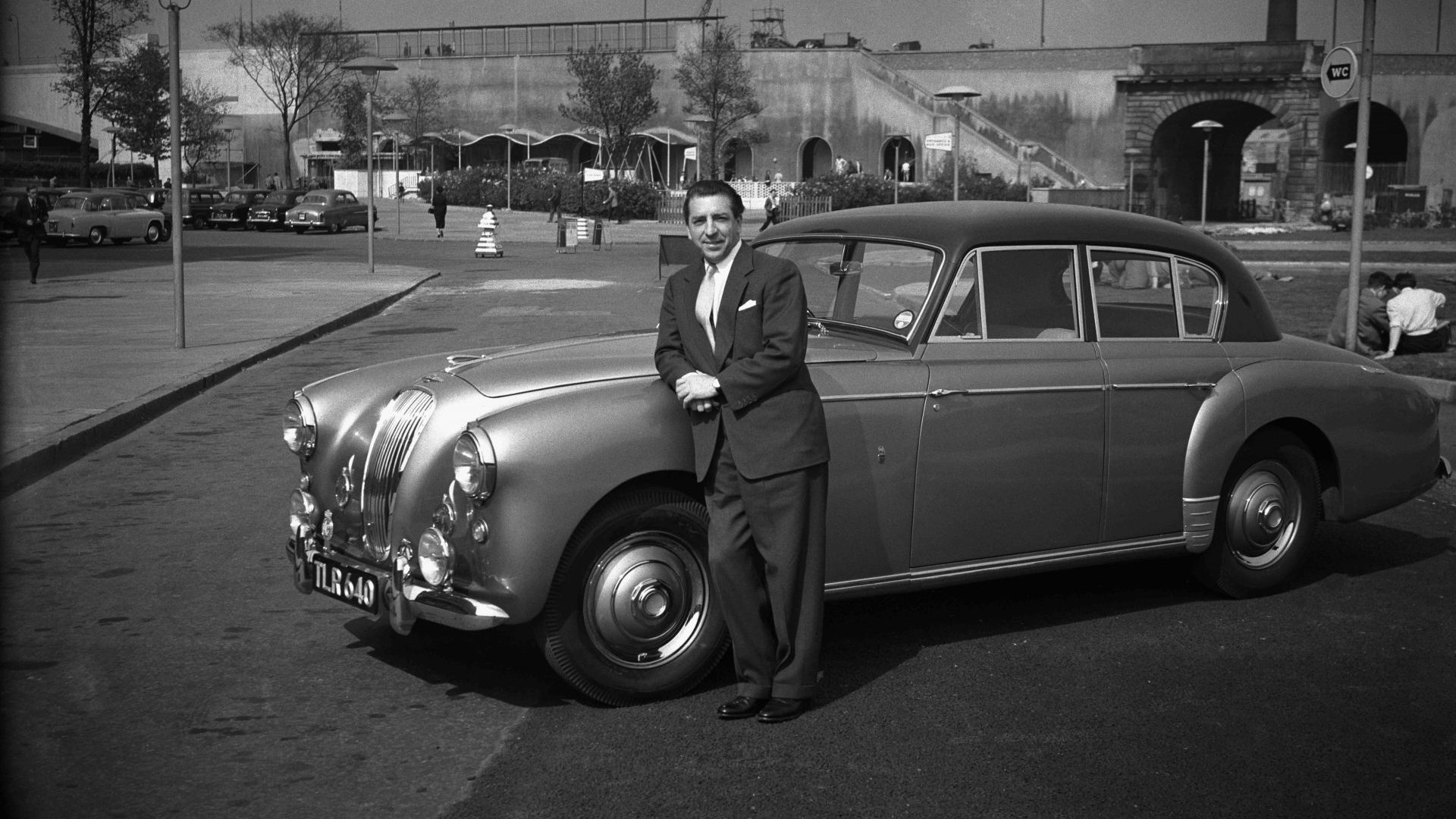The Slavic languages are generally classified by linguistic scientists as falling into one of three main groups: the South Slavic languages of the Balkans, which include Slovenian, Bulgarian, and Macedonian; the West Slavic languages, whose best-known members are Polish, Czech and Slovak; and the East Slavic languages, the main languages here being Belarusian, Russian and Ukrainian.
The historical relationships between the languages within the three major groups are rather close, and some pairs of languages are still similar enough
that they are mutually intelligible to some degree. Czech and Slovak speakers can communicate rather readily with one another, and some Poles can understand Czech or Slovak. But this is not quite so true of East Slavic Ukrainian and Russian, which are said by experts to be about as similar as Italian and Spanish, with a degree of mutual intelligibility although remaining obviously distinct.
There has been a centuries-long history of Russian-speaking elites and authorities doing their best to suppress and even eradicate the Ukrainian language.
Tsar Peter the Great was not so great when it came to Ukrainian language matters. In 1720 he issued a decree banning the printing of books in Ukrainian and organised the seizure and destruction of religious texts written in the language.
Empress Catherine II, also known as “the Great”, was likewise not particularly great in her banning of the use of the Ukrainian language in
teaching at the famous national research university, Kyiv-Mohyla Academy, in the Ukrainian-speaking town of Kyiv.
At various times under the Russian empire, there were bans on teaching Ukrainian in schools, preaching in Ukrainian in churches, performing plays in Ukrainian, baptising children with Ukrainian-language names, translating Russian books into Ukrainian, and publishing children’s books in Ukrainian.
Later, under the Soviet Union, official governmental policies varied from encouragement to suppression – the latter especially under Stalin, when there were even bans on PhD theses being written in Ukrainian at Soviet universities.
Partly as a result of these Russification policies, but also as a result of immigration from the east into the industrialising zones of Ukraine, some areas of eastern Ukraine gradually became mainly Russian speaking. But that does not make the people who live there Russians.
Putin’s apparent belief that all native Russian-speakers are Russians makes no sense. It would be equivalent to the majority of citizens of the Republic of
Ireland who have English as their native language being claimed by governments in Westminster to be English. Obviously they are not, just as French-speaking Swiss are not French, and German-speaking Austrians are
not German.
There are also very clear differences in pronunciation between Russian as spoken in Moscow and in, say, Dnipro, just as there are between the English of London and Dublin. The relationship between language, ethnicity and
nationality is not a straightforward one.
Another problem that the
Ukrainian language has faced stems from its similarity to Russian. This close relationship has led linguistically prejudiced Russians to call it “Little Russian” and to disrespectfully deny that it is actually a language at all, claiming that it is simply an inferior peasant dialect of Russian.
The last Russian Tsar, Nicholas II – Nicholas the Bloody – is reported to have once said more or less precisely the same thing. As many readers will know, he was executed in 1918.
SUPPRESSION
The English word suppression comes ultimately from the Latin preposition sub ‘down’ plus the Latin noun pressio ‘pressure’. Our words expression, impression, oppression, repression, compression and depression also derive from pressio, together with the Latin prepositions ex ‘out of’, in ‘in’; ob ‘against’, re ‘back’, com ‘together’ and de ‘from’.




